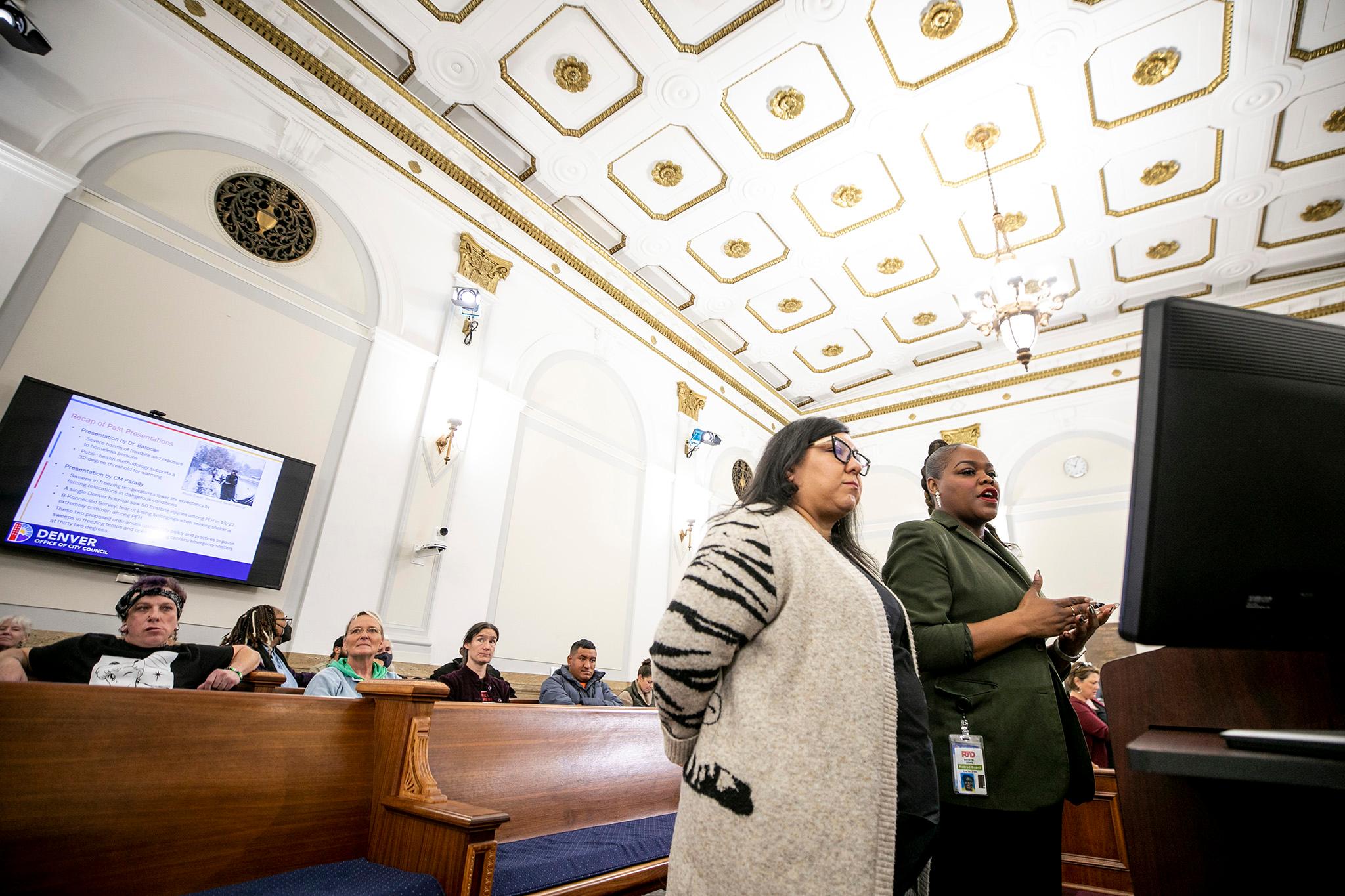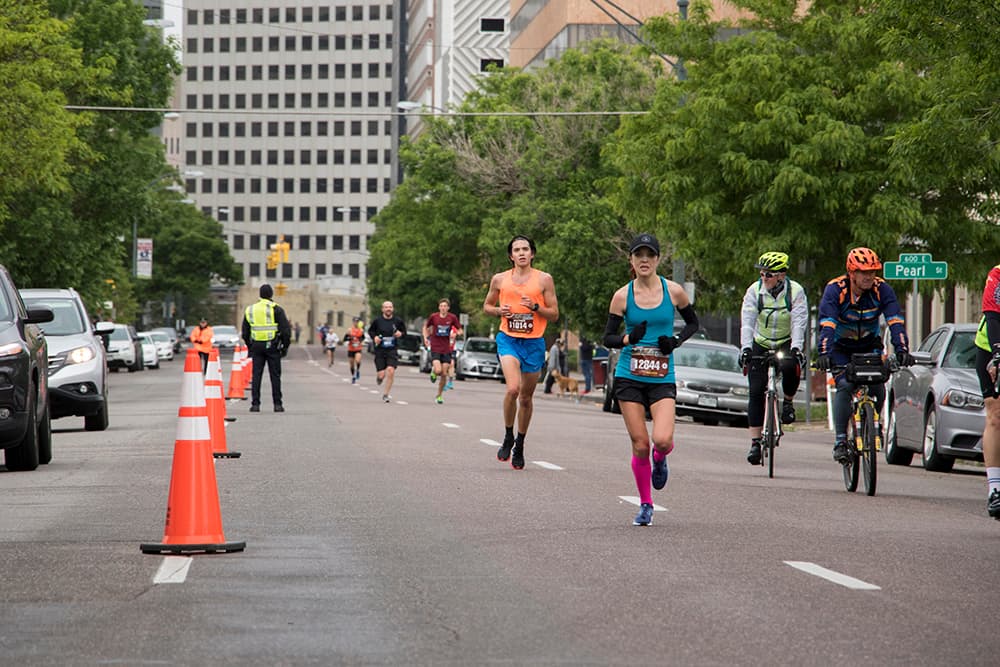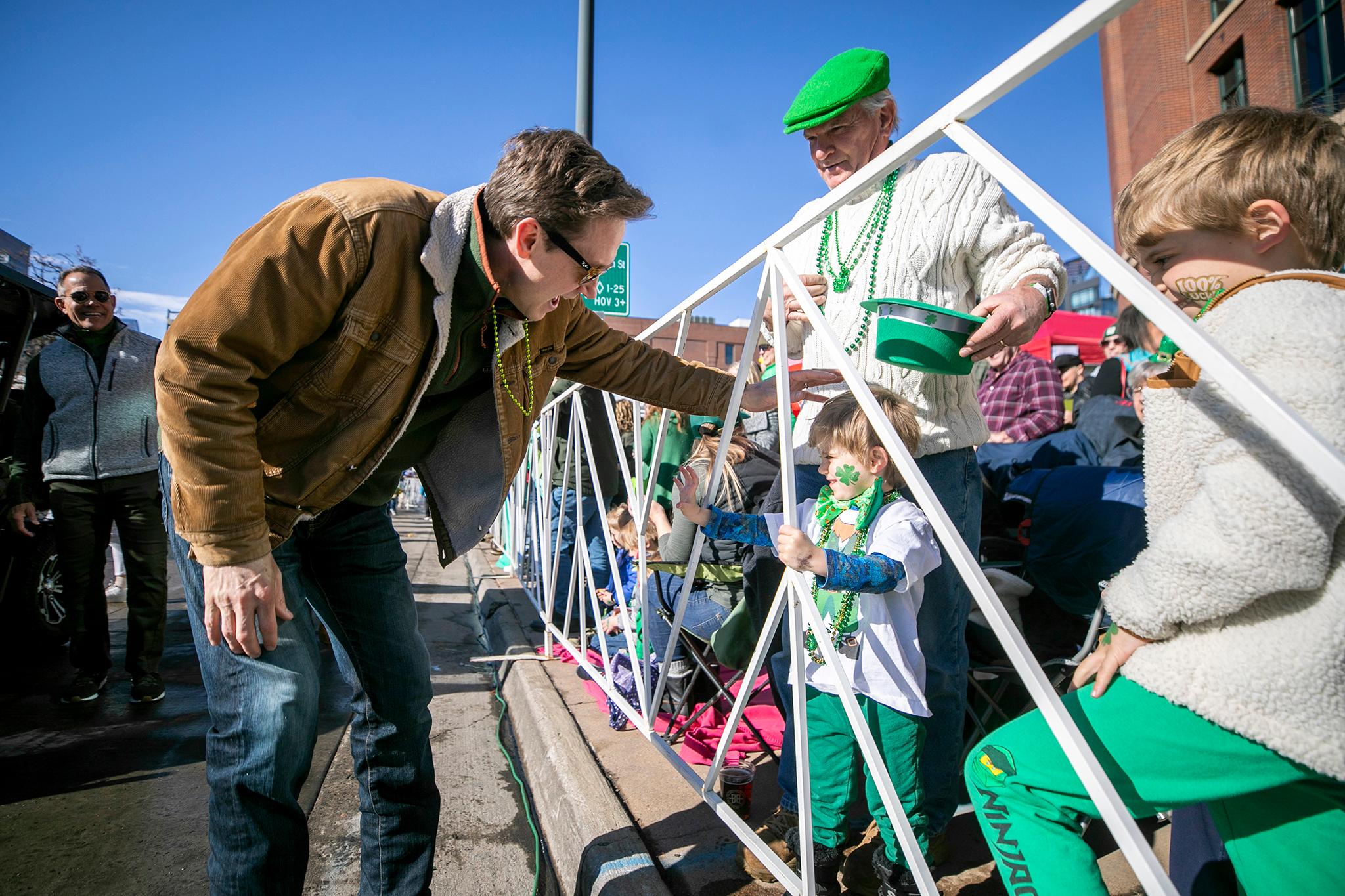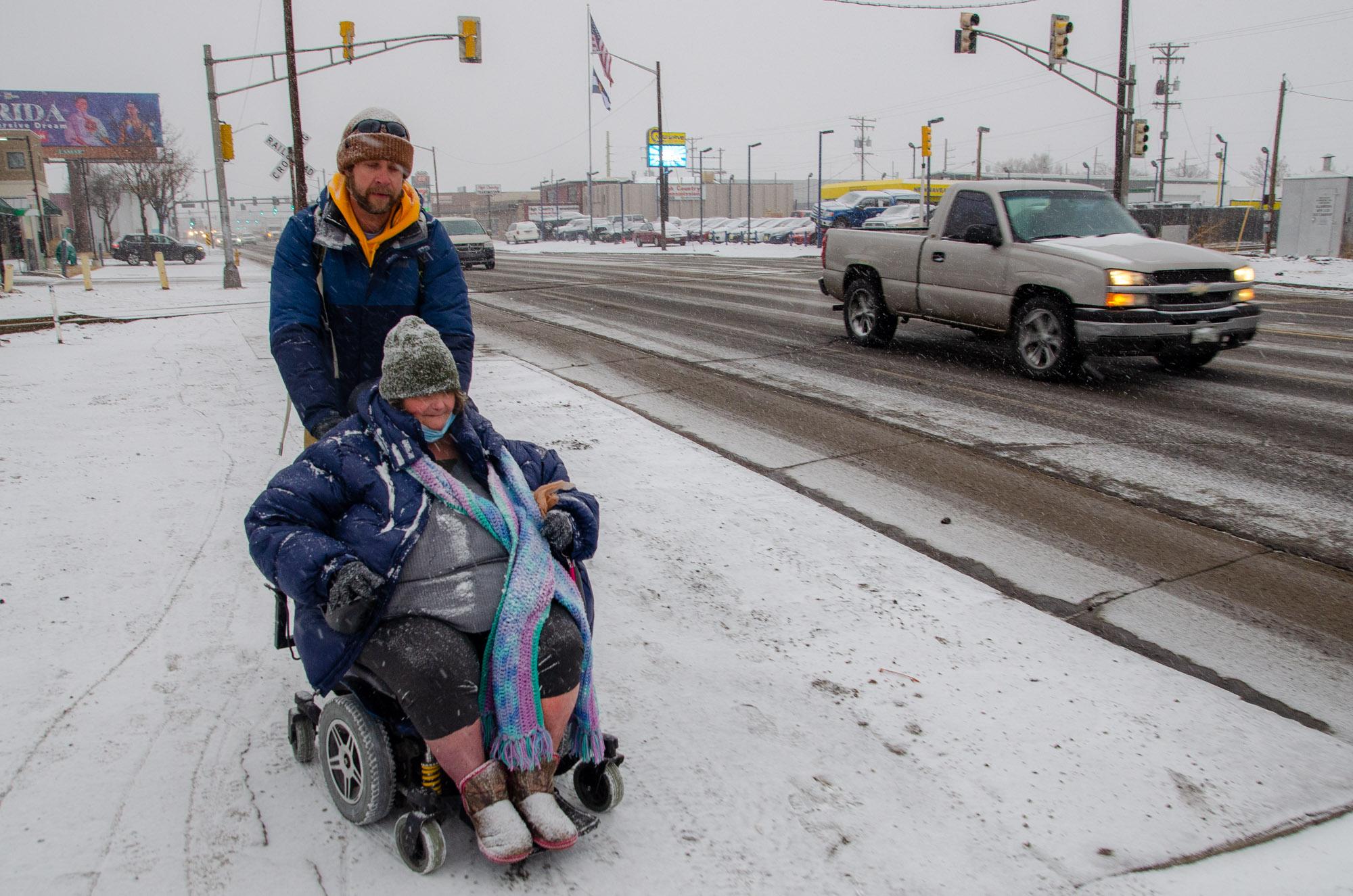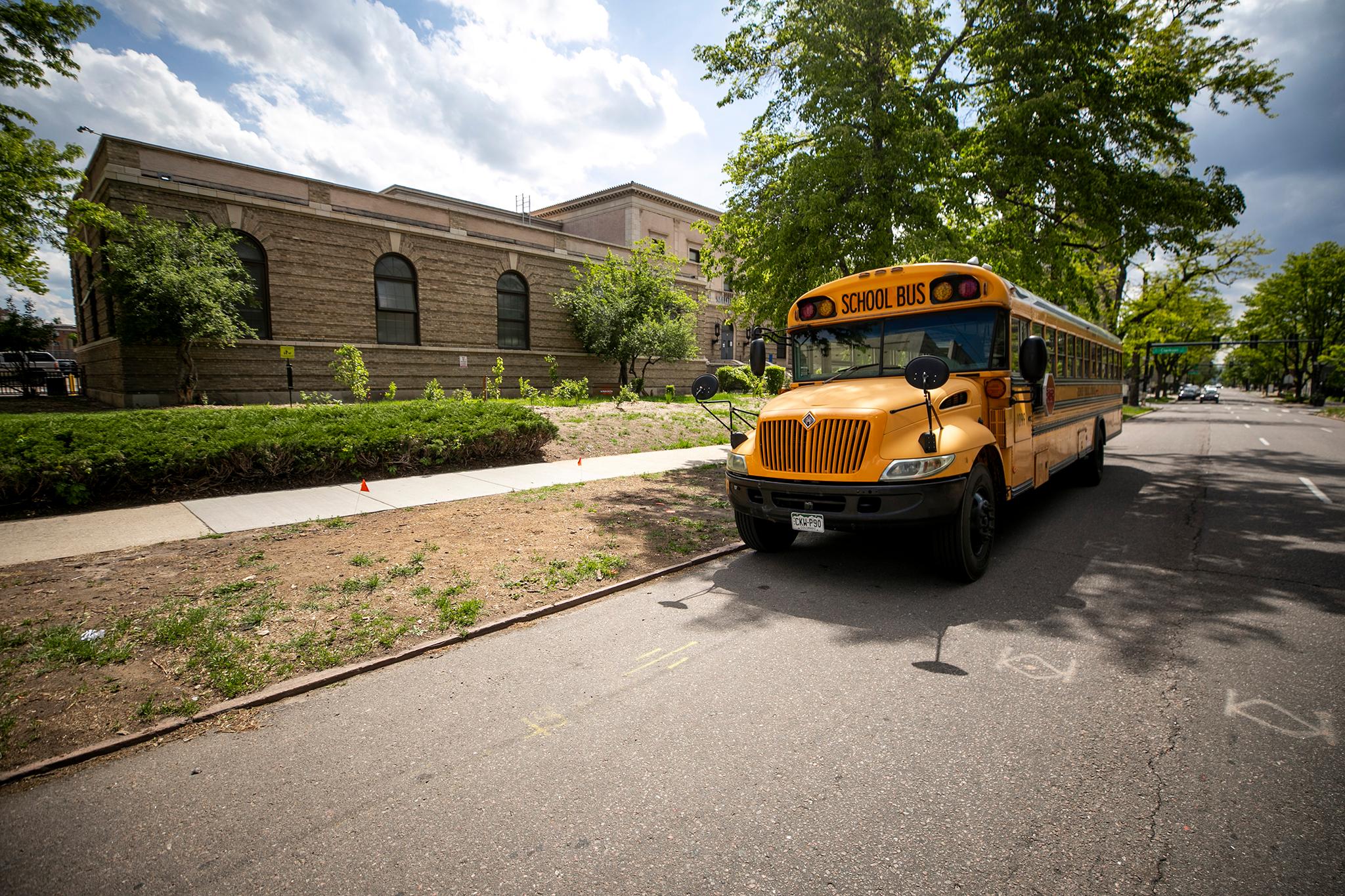Come the new year, City Council will vote on stopping homeless encampment sweeps during freezing temperatures and opening warming centers when the temperature dips below 32 degrees.
A split Safety and Housing committee voted four to three on Wednesday to pass the legislation on to Council for a full vote, though they face opposition from Mayor Mike Johnston and some city officials who say the bills are too broad and could create confusion. Homeless advocates are urging the city to pass the legislation, saying the risks of frostbite and death rise during sweeps that take place under freezing temperatures.
One bill would prevent city officials from sweeping encampments and police from making arrests for urban camping if, 48 hours before a given sweep or arrest, the National Weather Service projects temperatures at or below the freezing point of 32 degrees Fahrenheit.
A twin bill would open emergency cold weather shelters at 32 degrees. Currently, the city opens cold-weather shelters at 20 degrees.
Police would still be able to make arrests or require people to move for breaking laws unrelated to the camping ban, such as trespassing on private property or assault. The city would still be able to sweep an encampment if the Department of Public Health and Environment (DDPHE) determines that an encampment is an imminent threat to human life, such as in the case of a fire, a tent in the middle of the road or gun violence.
There are no current temperature restrictions on sweeps. In addition to encampment closures, in which the city requires people to leave a camp but offers non-congregate shelter, sweeps without offers of shelter have continued under Mayor Mike Johnston's administration in situations where the city cites health or safety concerns. This bill would raise the bar for safety threats at cold temperatures.
"The intent is not to move people for things that can wait, so things like rats, things like accumulated trash," said Councilmember Sarah Parady, who co-sponsored the legislation with Councilmembers Shontel Lewis and Paul Kashmann and Council President Jamie Torres. Councilmember Serena Gonzales-Gutierrez also voted in favor of the bills along with Lewis, Torres and Parady (Kashmann is not a member of the committee).
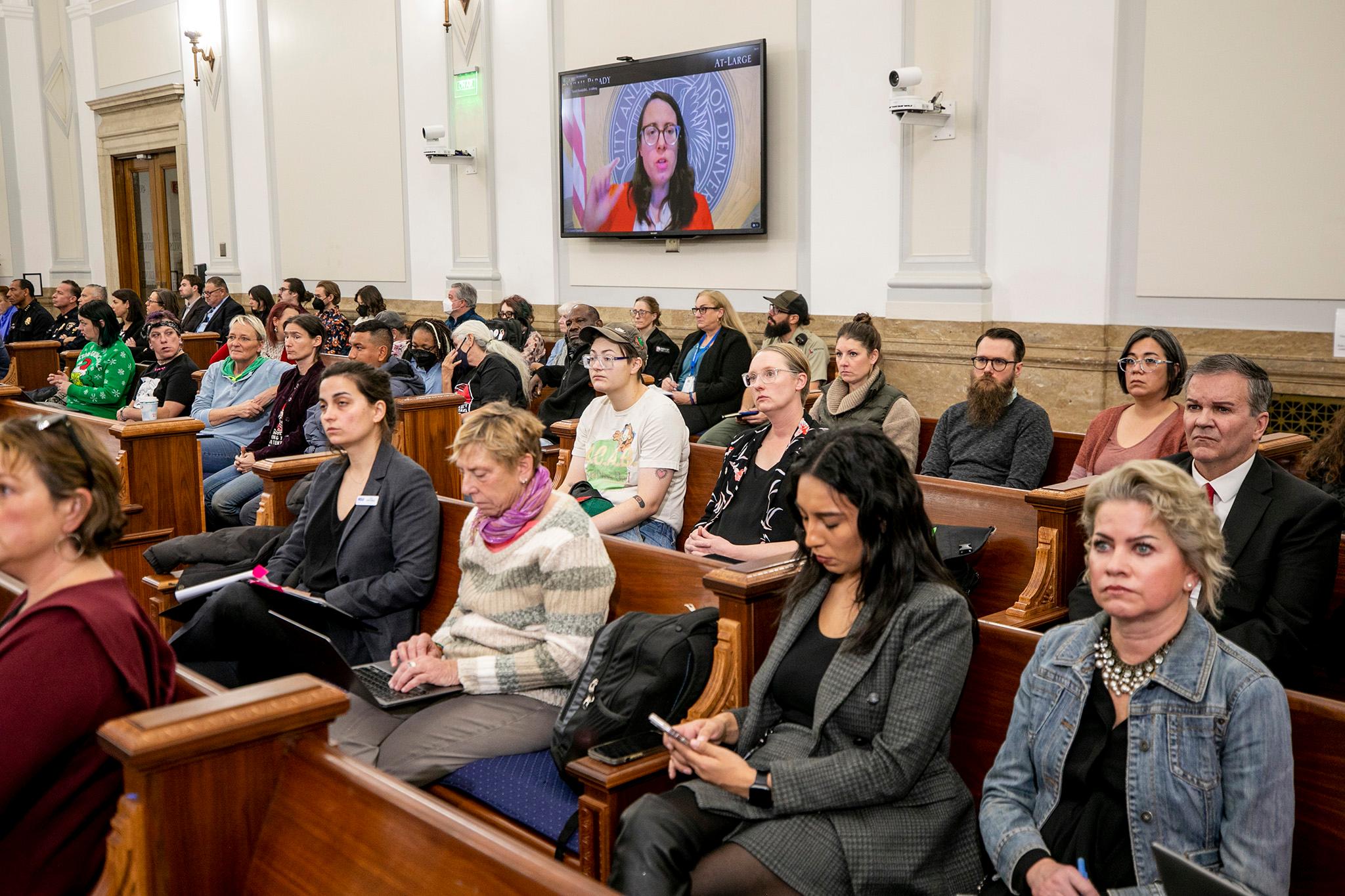
While the bills passed committee and head to City Council in a few weeks, they could face an uphill battle without the support of the Mayor.
On Tuesday, Johnston, who can veto any legislation passed by Council, sent an email to City Council voicing his opposition to the ordinances. Council could override a potential veto with nine votes.
"Although I sympathize with the intent of these proposed ordinances, there are several operational concerns that have brought me to a position of opposition on these ordinances," he wrote in the email. "Ordinance 23-1964 [regarding sweeps] as written would effectively repeal the camping ban for a third of the year, or approximately 120 days a year, which would be contrary to the will of Denver voters."
The restrictions on sweeps would come as the Department of Public Safety says it plans to enforce the camping ban more often in areas where the Johnston administration has "closed" encampments, sending people to non-congregate shelters instead.
Johnston wrote that he wants the bill preventing sweeps at freezing temperatures to exclude an encampment closure that would offer people non-congregate shelter, as done several times under his House1000 plan. He also wants the city to maintain its ability to sweep people in the public right-of-way and private property and include specific language related to health and safety.
With the bill expanding cold weather shelters, Johnston said he wants to create a pilot program in the new year that would "explore the feasibility of operationalizing elements of the cold weather sheltering legislation proposed." He said that would include raising the temperature threshold for cold weather shelters.
"I encourage City Councilmembers to consider all the implications of such broad and overreaching language," he wrote.
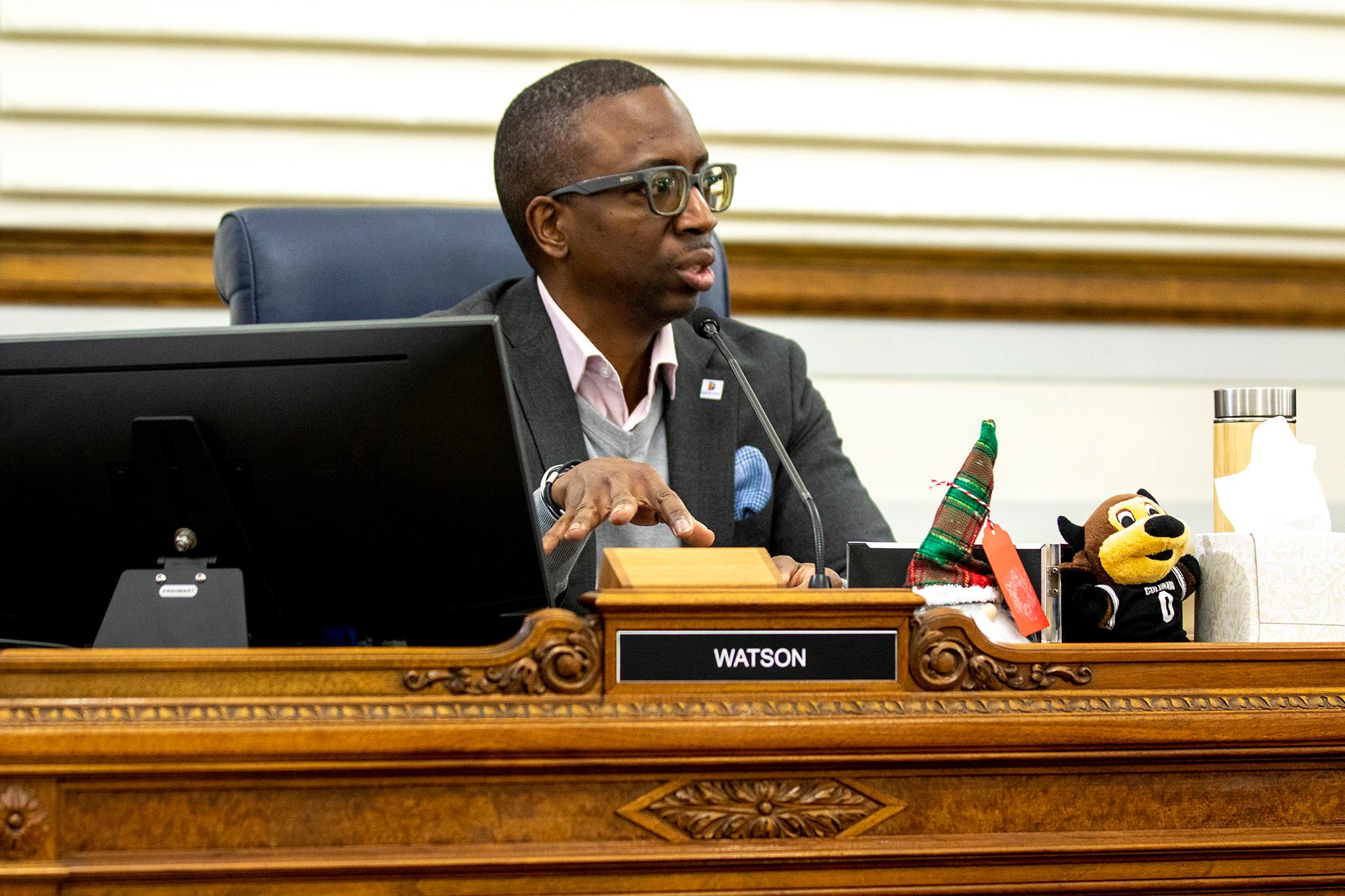
Opponents on City Council said they worried the legislation would confuse city departments and wanted more time to workshop the bills.
Councilmembers Kevin Flynn, Amanda Sawyer and Darrell Watson voted against both ordinances.
Flynn said the bills' exceptions to sweeps at freezing temperatures in life threatening situations was too unclear. He also expressed concerns about whether or not enough people use the warming centers to expand operations to open them more frequently.
Parady said that while the city does not track use of daytime warming centers like libraries and rec centers, overnight warming centers see hundreds of people when temperatures drop.
"There's just so much imprecision in here, I would be looking for a lot more specificity and guidance," Flynn said. Watson said he wanted to find bills that will not create "confusion." Sawyer said she wanted to wait until the outcome of the pilot program mentioned in Johnston's email.
Bob McDonald, Executive Director of DDPHE, questioned prioritizing the risk of freezing temperatures over other issues like traffic deaths. "My concern is mandating or legislating that one consideration over many, many other things that we are assessing out in the field," he said.
Meanwhile, the cost estimates of raising the cold weather shelter threshold are unclear.
Currently, the city plans to spend about $1.78 million for about 60 days that dip below the 20-degree freezing threshold.
City staff's preliminary estimates indicate that costs for more shelter space and staff could range from an additional nearly $1.68 million for around 120 days per winter, to an additional approximate $4.26 million if the city were to open the emergency shelters every night between October and April. Staff cited the unpredictability of the number of freezing nights for the cost range, and said that the numbers are very rough estimates due to a number of other variables like staffing and potential additional facilities needed.
"It's easy to say there is no urgency when you're not someone who is actually sleeping in these tents," Lewis said in response to requests to continue workshopping the bills in committee. "We are not talking about line items in a budget, we are talking about individuals who are at risk of losing their lives and their limbs."
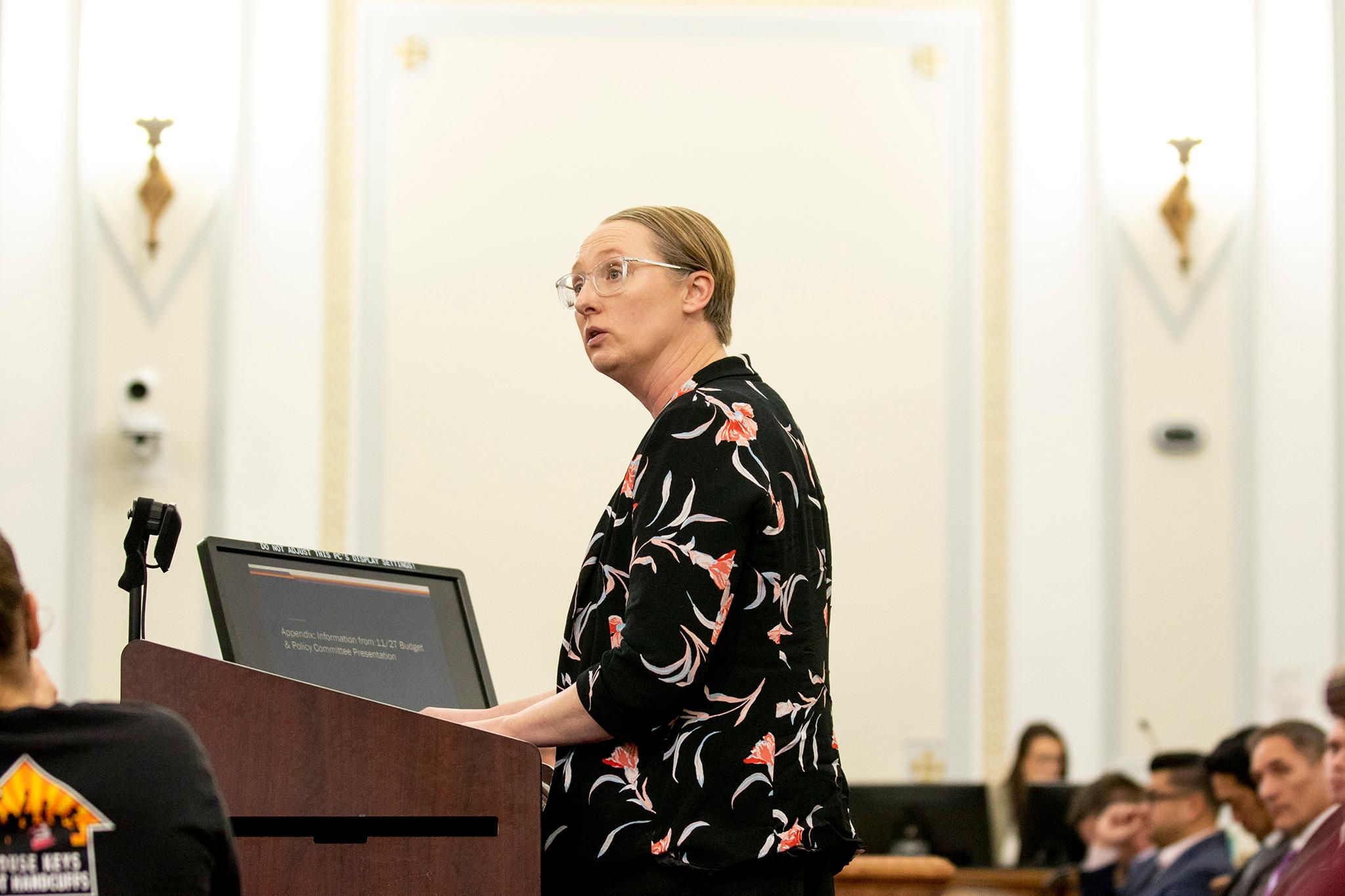
If passed, the end of sweeps at freezing temperatures would accomplish a big goal for advocates who have been organizing against sweeps for years.
Earlier this month, more than 40 organizations signed a letter in support of the legislation, arguing that sweeps at freezing temperatures raise the risk of frostbite or even freezing to death.
Nearly a dozen people showed up to voice support for the bills. Doctors, advocates and people experiencing homelessness talked about how sweeps increase health risks during freezing temperatures.
"When sweeps are conducted in freezing weather, this process itself is dangerous and traumatizing," wrote Housekeys Action Network organizers in the letter supporting the bills signed by nonprofits earlier this month. "Houseless people are forced to pack all their belongings in the cold and snow, often getting themselves and their property wet, dragging property long distances in the cold. When someone is sick or disabled this process is even worse."
Lisa Raville, the Executive Director of the Harm Reduction Action Center, talked about the connection between overdoses and a lack of shelter and sweeps during freezing temperatures. She said some people use meth to stay awake all night to keep warm, so they do not fall asleep and freeze to death. Dr. Sarah Stella, who treats unhoused patients at the hospital with frostbite, said she often sees people return after a discharge for further frostbite amputations.
"The impact of this is just huge," she said.
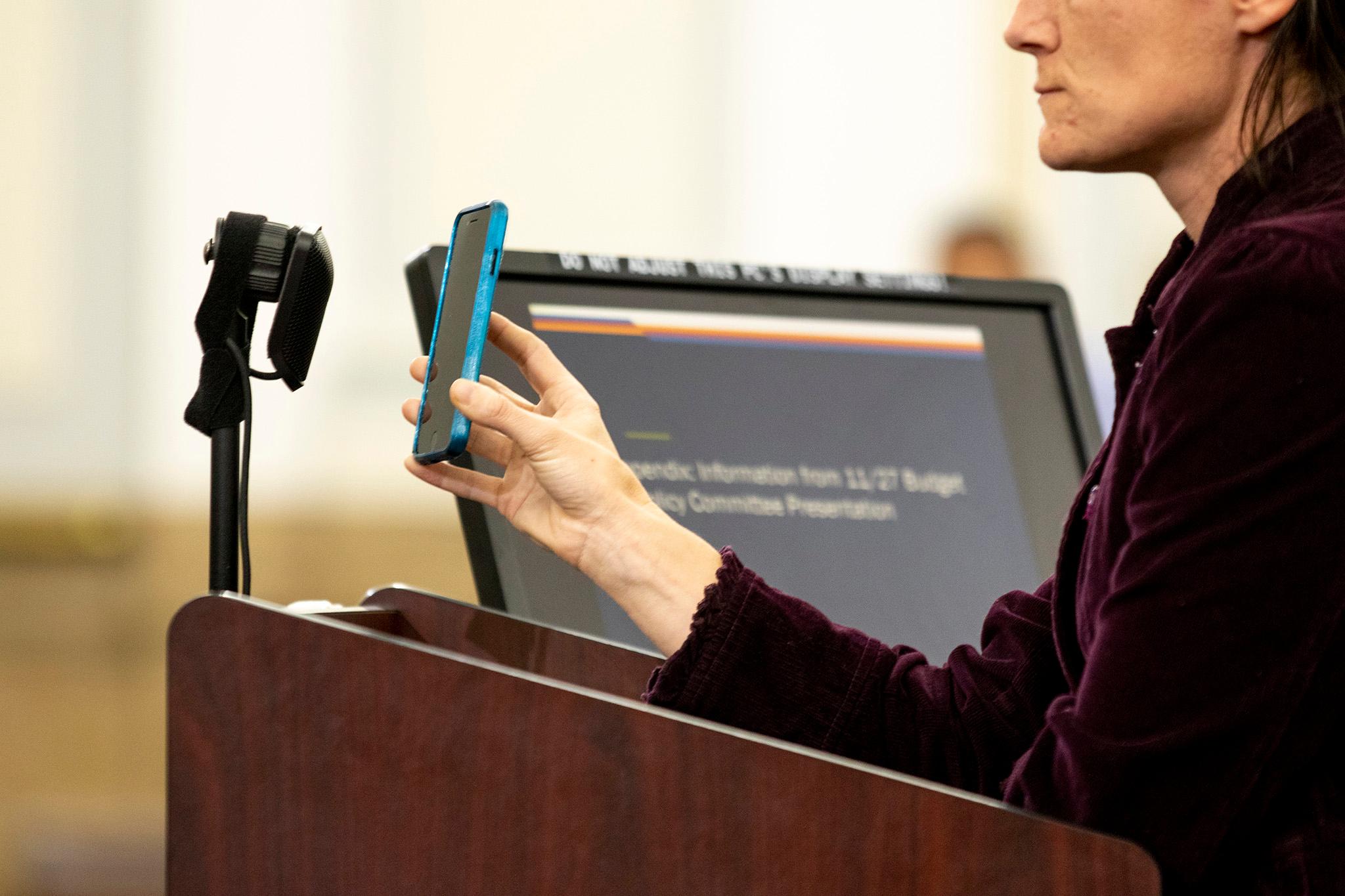
Housekeys Action Network organizer Terese Howard held a cell phone up to the dais while Audrey Griffin, an unhoused Denver resident, spoke while she packed up her belongings and city workers swept where she was staying.
"I don't know how to put it into words," Griffin said. "It's very cold, your hands become brittle, you almost always get sick once you're swept on a cold day. You get sick and stay sick."

